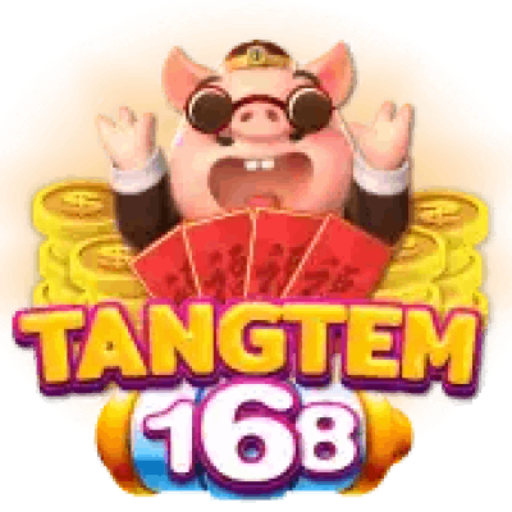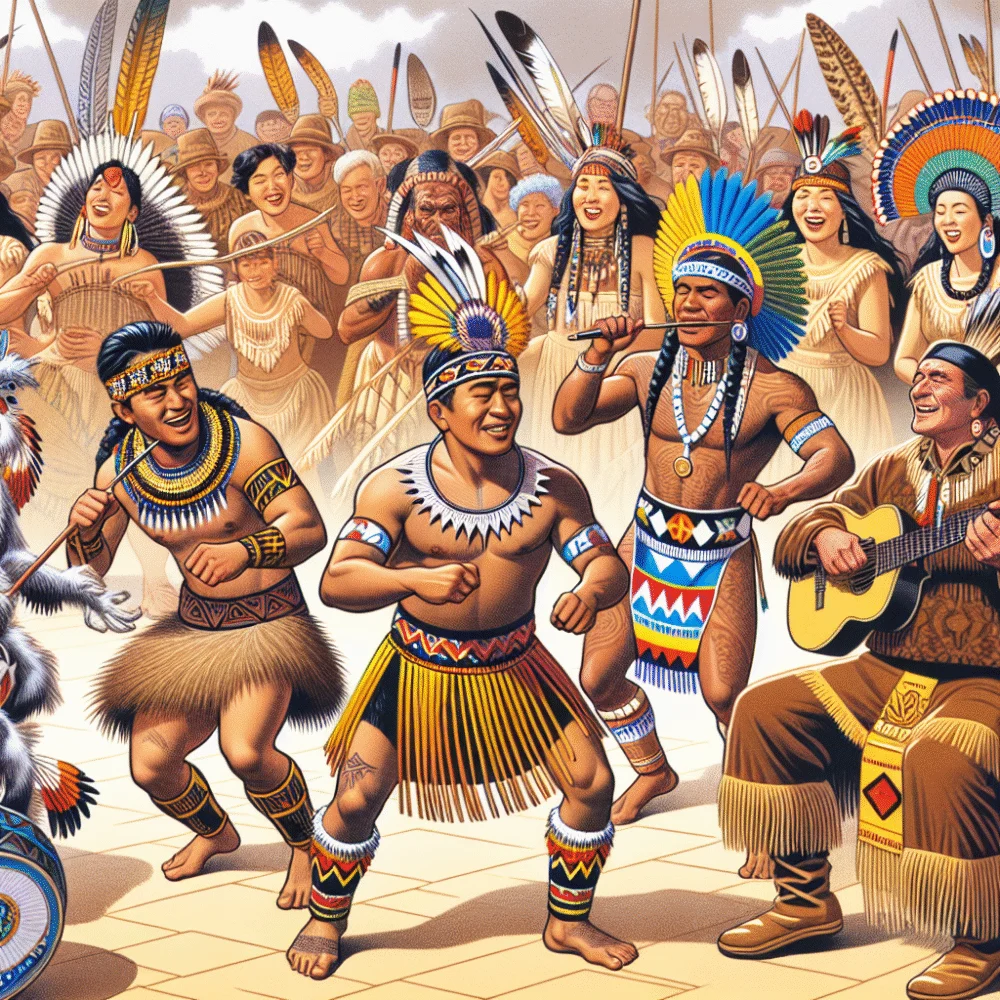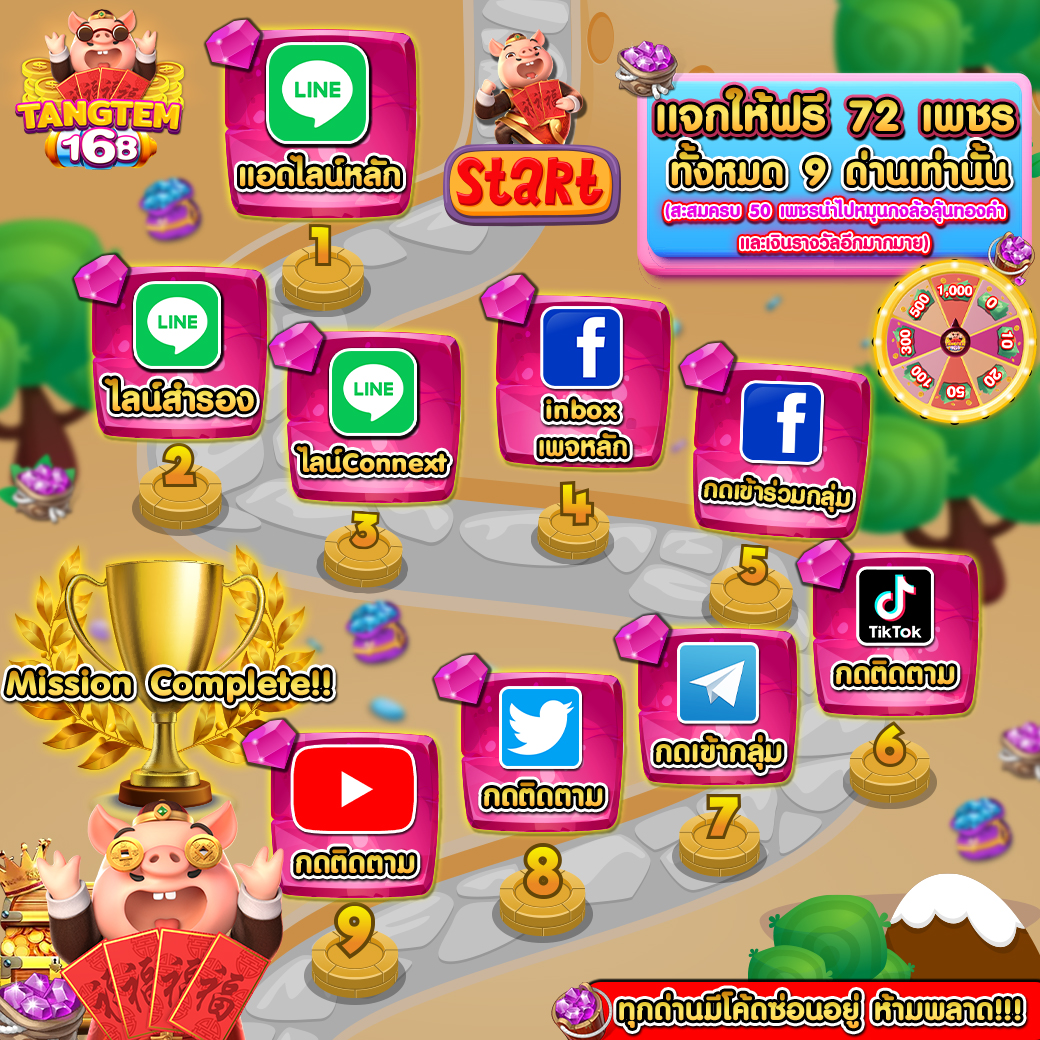Indigenous Peoples Day: Recognizing History and CultureIndigenous Peoples Day is a holiday that serves to honor and celebrate the culture, history, and contributions of Indigenous communities throughout the world. Established as a replacement for Columbus Day in some regions of the United States, this day serves as an important reminder of the need to recognize and rectify historical injustices faced by Indigenous peoples.On Indigenous Peoples Day, events and activities are organized in various cities, involving conversations about the mistreatment of Native Americans and celebrating their rich heritage. The day provides an opportunity for communities to engage in educational workshops, art displays, and storytelling sessions that reflect the diverse cultures of Indigenous communities. These events not only help to raise awareness but also promote community bonding and understanding of Indigenous issues.Additionally, Indigenous Peoples Day encourages a reevaluation of historical narratives. Traditionally, many narratives surrounding colonization and indigenous people have been simplified or skewed, often glorifying colonizers while dismissing the complexities of Indigenous experiences. This day prompts a deeper examination of the impacts of colonization, including the loss of land, culture, and lives.Recognizing Indigenous Peoples Day is also a step towards reconciliation. By acknowledging the historical injustices faced by Indigenous communities, society can begin to repair relationships and support restoration efforts that empower these communities. Initiatives can include advocating for land rights, supporting Indigenous-led businesses, and amplifying Indigenous voices in conversations that affect their future.In conclusion, Indigenous Peoples Day is a pivotal acknowledgment of Indigenous cultures and traditions. It underscores the importance of cultural preservation and honors the resilience of Indigenous peoples. As more communities embrace Indigenous Peoples Day, the hope is that it fosters a more inclusive society that recognizes and respects the rich tapestry of human history.Historical Context and SignificanceThe origins of Indigenous Peoples Day date back to the 1970s when a group of Indigenous activists sought a day to celebrate their cultures and address the historical impacts of colonization. It serves as a counter-narrative to Columbus Day, which many see as a celebration of conquest and colonization, often overlooking the atrocities faced by Indigenous communities.As awareness of social justice and equality has grown, more states and cities in the U.S. have adopted Indigenous Peoples Day. As of now, numerous states officially recognize the day, but it remains a contentious issue in some areas. The movement to replace Columbus Day reflects a broader initiative to embrace a diversified understanding of history and empower Indigenous voices.Laudable Efforts and Community EngagementCommunities that celebrate Indigenous Peoples Day often come together to reflect on the stories and traditions that have shaped Indigenous peoples over centuries. Educational institutions, museums, and cultural centers frequently host events to highlight Indigenous art, music, and traditions. By engaging in these activities, participants gain a better understanding of Indigenous perspectives, challenges, and achievements.Through storytelling, individuals can learn about Indigenous histories that are often excluded from traditional curricula. These narratives provide depth to the understanding of American history and emphasize the contributions of Indigenous peoples to society.Additionally, public demonstrations and organized marches on Indigenous Peoples Day can convey powerful messages about ongoing struggles faced by Indigenous communities. These events highlight the need for greater advocacy and support for Indigenous rights on various fronts—healthcare, education, environmental justice, and legal representation.Ultimately, Indigenous Peoples Day is not just a single day to remember but a rallying call for ongoing support and acknowledgment of Indigenous rights.By recognizing this day, individuals and communities are invited to embark on a journey towards understanding, respect, and ultimately a solution for historical grievances. The momentum from Indigenous Peoples Day can lead to deeper conversations about social justice and equity for all communities.In summary, Indigenous Peoples Day is a significant observance that aims to uplift and honor the diverse cultures of Indigenous peoples around the globe. The day’s celebration paves the way for future generations to continue acknowledging and addressing historical injustices that have shaped contemporary societies.










